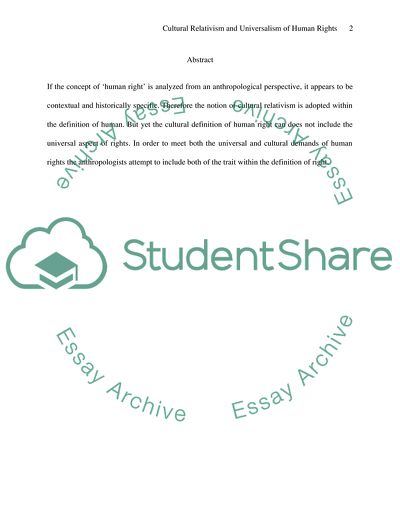Cite this document
(Cultural Relativism and Universalism of Human Rights: An Coursework, n.d.)
Cultural Relativism and Universalism of Human Rights: An Coursework. https://studentshare.org/anthropology/1728899-anthropology
Cultural Relativism and Universalism of Human Rights: An Coursework. https://studentshare.org/anthropology/1728899-anthropology
(Cultural Relativism and Universalism of Human Rights: An Coursework)
Cultural Relativism and Universalism of Human Rights: An Coursework. https://studentshare.org/anthropology/1728899-anthropology.
Cultural Relativism and Universalism of Human Rights: An Coursework. https://studentshare.org/anthropology/1728899-anthropology.
“Cultural Relativism and Universalism of Human Rights: An Coursework”. https://studentshare.org/anthropology/1728899-anthropology.


